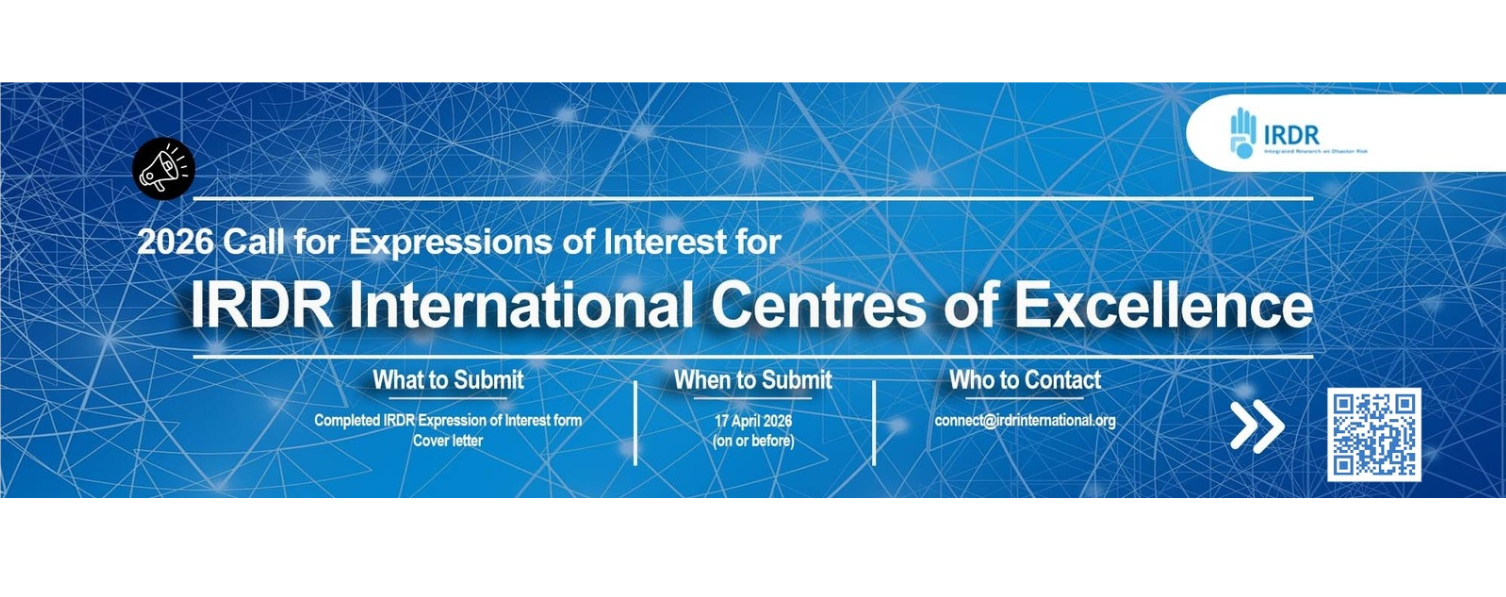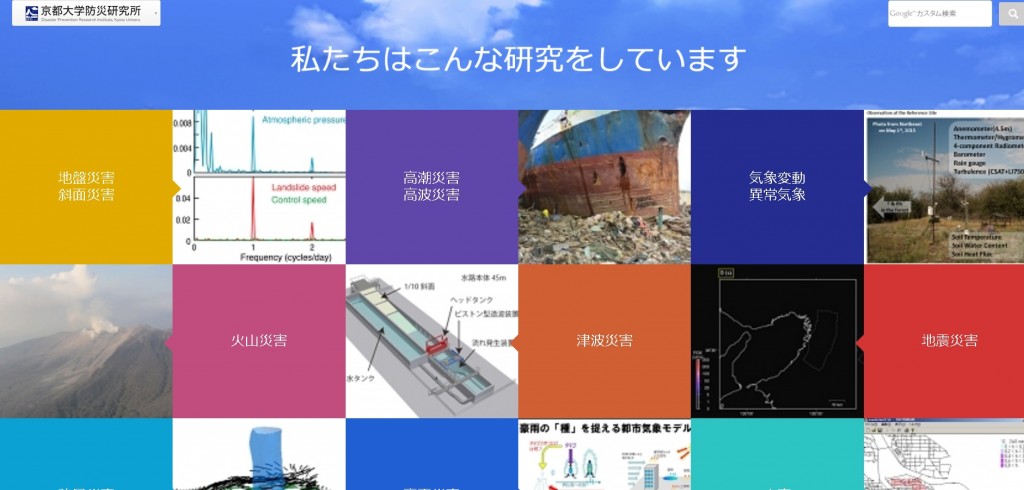The judges of the 2015 United Nations Sasakawa Award for Disaster Reduction have announced their final short-list of three.
The nominees are Allan Lavell, a disaster risk researcher and consultant based in Costa Rica; the Australian Business Roundtable for Disaster Resilience and Safer Communities; and the Jeffrey Town Farmers’ Association of Jamaica.
The four-strong Sasakawa Award jury used a raft of criteria to select their final short-list, assessing how influential, extensive or encompassing, permanent and innovative the nominees’ actions are.
The winning Sasakawa Laureate will be announced on 17 March 2015, 18:30 hrs., at one of the signature events of the upcoming Third UN World Conference on Disaster Risk Reduction (WCDRR), in Sendai, Japan.
Mr. Lavell, born in Britain but based in the Americas for much of his career, is a highly respected researcher and practitioner in disaster risk reduction. His work, which spans four decades, adopts a multi-disciplinary and holistic approach. He has authored multiple publications and has had papers presented at conferences in 42 different countries. Mr. Lavell is a former IRDR Science Committee (SC) member and actively engages with IRDR works. In November 2014, Allan Lavell led one of the IRDR sessions on FORIN Assessment, Revision and Update Workshop in Paris, France (See: FORIN Assessment, Revision and Update Workshop concludes with FORIN 2.0 outline). The workshop from 10-12 November was sponsored by the Integrated Research on Disaster Risk (IRDR), the International Council for Science (ICSU) and the United Nations International Strategy for Disaster Reduction (UNISDR).
The Australian Business Roundtable for Disaster Resilience and Safer Communities was set up in 2012 to support a coordinated national approach to making communities more resilient. It brings together six leading CEOs to influence public policy via evidence-based reporting on the unsustainable cost of disasters on life, property and the economy.
The Jeffrey Town Farmers’ Association was created in 1991 to use agriculture as a platform for sustainable development and as a means to redress risk and a lack of investment in marginalized areas. That philosophy has provided a springboard for a community-driven programme which has also had an influence on national policies in Jamaica.
The work of the three short-listed nominees fits perfectly the theme of this year’s award: Shaping the Future. Previous Sasakawa Awards saw the jury focus on ‘organizational action’ (2013) and ‘local safety’ measures and mitigation efforts (2011).
The spokesperson for the Sasakawa Judges, Prof. Dr. Murat Balamir, said the three finalists were “from totally different backgrounds and contexts” but each is making an outstanding contribution to disaster risk reduction.
“One is a rural community-natural system survival model sustainably structured and achieved by collective determination; another is a most effective and enduring individual performance in a multi-actor, multi-hazard, multi-task environment; and the other is an unprecedented powerful leadership of a privileged group pooling their powers with firmness of purpose and creative dedication,” Prof. Dr. Balamir said.
The 2015 Sasakawa Award attracted a remarkable 88 nominations from 44 countries. The breadth of work covered in the nominations is impressive and includes a focus on: university applied research, hazard and risk assessment, various aspects of community development, both rural and urban, disaster risk reduction coordination at various levels, civil protection and emergency preparedness and response, earthquake engineering, volcano observation, urban flood risk, food security, landslides and land use.
Among the other fields are resources and fundraising, advocacy, innovation and design, IT, education, elderly persons, displacement, health, including psycho-social support and emergency care, monitoring, culture and heritage, architecture, early warning, private sector, disability, and water management.
The US$50,000 Sasakawa Award was launched in 1987 and is financed by the Nippon Foundation of Japan. It is awarded every two years to an individual or institutions that have taken active efforts in reducing disaster risk in their communities and advocated for disaster risk reduction. The joint laureates of the 2013 edition were the Brazilian city of Belo Horizonte and Bangladesh’s National Alliance for Risk Reduction and Response Initiative.
The Third UN World Conference on Disaster Risk Reduction (WCDRR) will open on 14 March. The Conference is due to adopt the post-2015 framework for disaster risk reduction, charting a new era of strengthened disaster risk management.
Source: UNISDR





